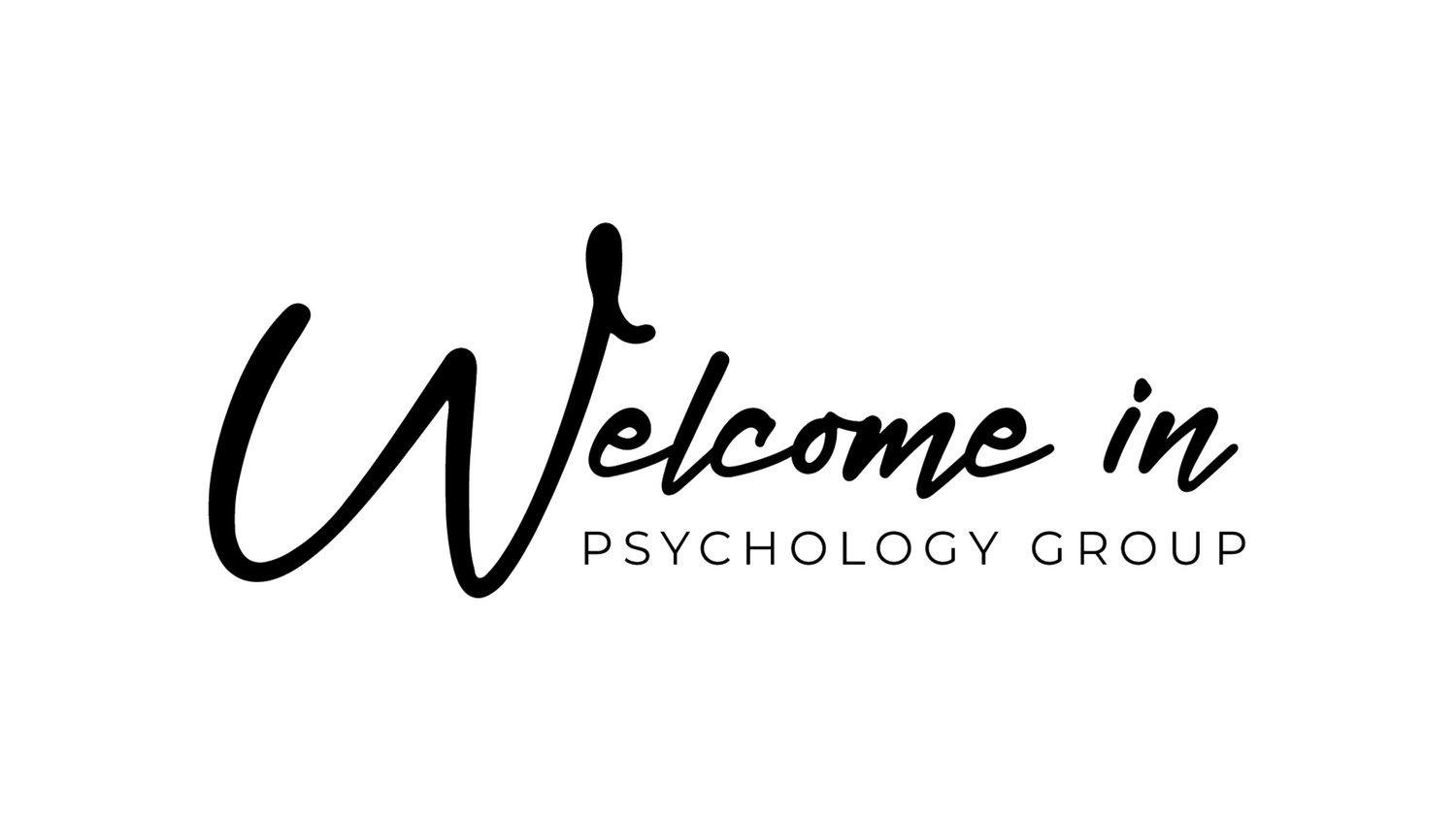
How We Can Help
Imagine this: Almost two weeks have passed and you still have flu symptoms. You’d probably call your doctor. But what if you’re waking up every day feeling anxious, down, or completely overwhelmed? Most people think they should just push through.
But mental health is health. And millions of people each year face struggles just like these. You’re not alone—and reaching out is a strong, smart step forward.
We’re here to help with a wide range of emotional and psychological challenges.
Take a look below to see some of the areas we specialize in.
Anxiety Therapy
Experiencing anxiety is part of being human—it can help us stay motivated and alert. But when anxiety starts to take up too much space, interfering with your daily life, relationships, or peace of mind, it may be time to reach out for support. Anxiety can show up in many forms—worrying about social situations, avoiding certain places, feeling physical tension, or feeling overwhelmed by daily tasks. The good news is that evidence-based cognitive behavioral therapy (CBT) is a highly effective treatment. With the right support, it’s possible to reduce anxiety’s impact so you have more space for what matters.
Depression Therapy
Depression can touch every aspect of life, often in ways that feel overwhelming or hard to describe. For some, it might show up as a heavy sadness, a loss of interest in things you used to enjoy, or difficulty concentrating. For others, depression can increase or decrease sleep, cause aches, fatigue, or persistent headaches. These experiences can make even small tasks feel monumental. But there is a path forward. Through collaborative, evidence-based treatment, we work with you to understand how depression is affecting your life—and to help you rebuild connection, energy, and a renewed sense of who you are.
Trauma Therapy
Living with the aftermath of traumatic events can drastically change how you think and feel and how you connect with others. You might notice constant alertness, difficulty sleeping, intrusive memories, emotional numbness, or avoiding reminders of what happened. These responses make sense in the context of traumatic events—but they don’t have to define your life. Cognitive Processing Therapy (CPT) is a highly effective, evidence-based approach that helps you examine and reframe unhelpful beliefs tied to traumatic events, so you can feel safer, more present, and more in control. With support, you can move forward—at your own pace, and on your own terms.
Stress Management Therapy
Life can be full—sometimes too full. Work deadlines, relationship conflict, financial worries, college stress, and the nonstop pace of modern life can leave you feeling drained or constantly behind. Stress might show up as racing thoughts, disrupted sleep, physical tension, or difficulty staying present. Cognitive Behavioral Therapy (CBT) is a proven, goal-oriented approach that can help you recognize unhelpful patterns, build effective coping strategies, and create more space for calm and clarity. Together, we’ll work toward building the tools you need to navigate life’s demands with greater confidence and balance.
Therapy for New Dads
Fatherhood is the most important role you’ll ever take on — and it’s more demanding than most men expect. Between your job, your relationship with your partner, and staying engaged with your kids, there’s rarely space to think about your own mental bandwidth. You may not be in crisis. You may just feel stretched thin, impatient, disconnected, or running on autopilot. Therapy provides a private, judgment-free environment to regain perspective. Together, we’ll clarify your priorities, strengthen emotional regulation, and reduce the internal pressure to “always have it handled.” Strong men don’t ignore stress—they address it directly. Investing in your mental health is an investment in your family.
Sleep Therapy
Sleep is the foundation of mental and physical health—affecting your mood, focus, energy, and overall well-being. Whether you’re struggling with difficulty falling asleep, staying asleep, or waking up feeling unrested, these patterns can feel frustrating and exhausting. Cognitive Behavioral Therapy for Insomnia (CBT-I) offers a proven, compassionate approach that helps you understand and change the thoughts and behaviors that disrupt your sleep. Together, we’ll work to build practical strategies tailored to your unique needs, helping you restore restful nights and more energized days.






